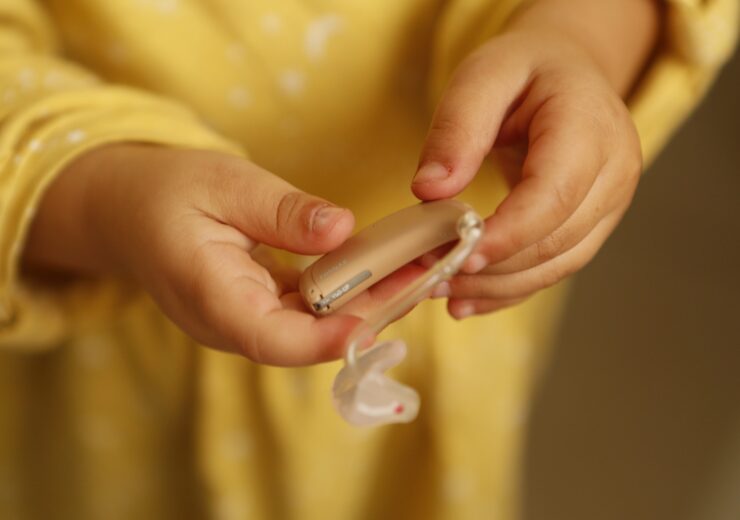Yes Hearing’s approach to home-based preventative care bridges the gap between hearing care, fall prevention, and social needs identification to improve health, quality of life, and satisfaction of Medicare and Medicaid beneficiaries

The expansion of Yes Hearing’s home-based care services supports the social needs ecosystem. (Credit: shatishira from Pixabay)
Yes Hearing, leading provider of affordable, accessible, and convenient hearing technology and audiology care, has announced that they will be expanding their services to include additional home- and community-based care services to health plan beneficiaries.
Further supporting the company’s mission of enabling older adults to stay happy, healthy, and safe in their own home as they age, Yes Hearing — through an integrated and person-centered care model — will provide audiology care, fall prevention, and social needs screenings to enhance the lives of members in their preferred care setting — at home.
“We’ve always been focused on addressing the need for affordable, accessible, and equitable hearing care,” said Sam Shear, Founder and CEO of Yes Hearing. “And now, through the expansion of Yes Hearing’s home-based services for health plan beneficiaries, we’re able to better address the social risk determinant of accessibility on a larger scale, and provide deeper and more meaningful support to the advancement of health equity, the broader measurements of SDOH, and early intervention strategies.”
With rapidly rising healthcare costs and an aging US population who wishes to age-in-place, the expansion of Yes Hearing’s home-based care services supports the social needs ecosystem.
By leveraging the company’s unique care delivery model, which pairs more than 500 in-home Doctors of Audiology and Licensed Hearing Specialists — the largest mobile network of hearing professionals in the world — with technology, the company is able to deliver a truly personalized, home-based care solution — providing more opportunity for early interventions plus a pathway to connect members with community-based organizations and health plan services to address their health-related social needs.
Assessing Fall Risks and Screening for Social Needs
Using evidence-based standardized instruments to collect and report on data and adhering to CDC fall prevention guidelines, Yes Hearing screens for fall risks, social determinants of health, and health-related social needs inside of the home. Interventions and risk-reduction strategies can range from education to referrals and care coordination with primary care, vision, and physical or occupational therapy providers, and support the overall care management of at-risk and rising-risk members. For members with chronic conditions, these early interventions can mean slowed disease progression, the reduction of complications and the prevention of other comorbidities, a reduction in preventable ER visits and inpatient stays, an improved quality of life — plus potential cost savings for both the health plan and the enrollee.
Source: Company Press Release
